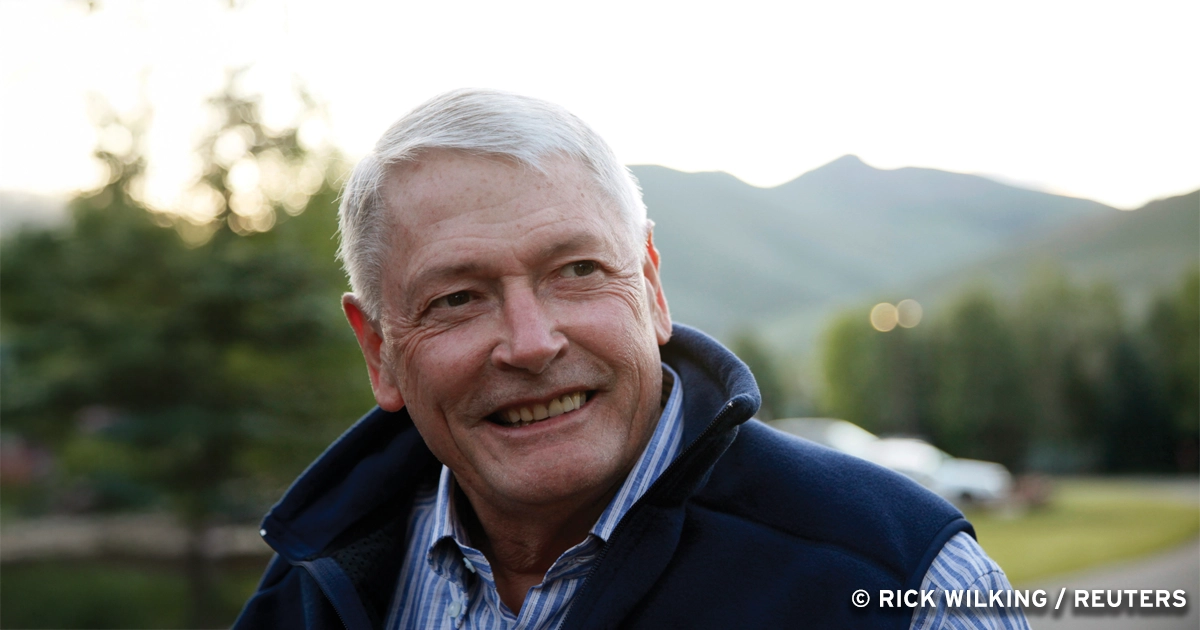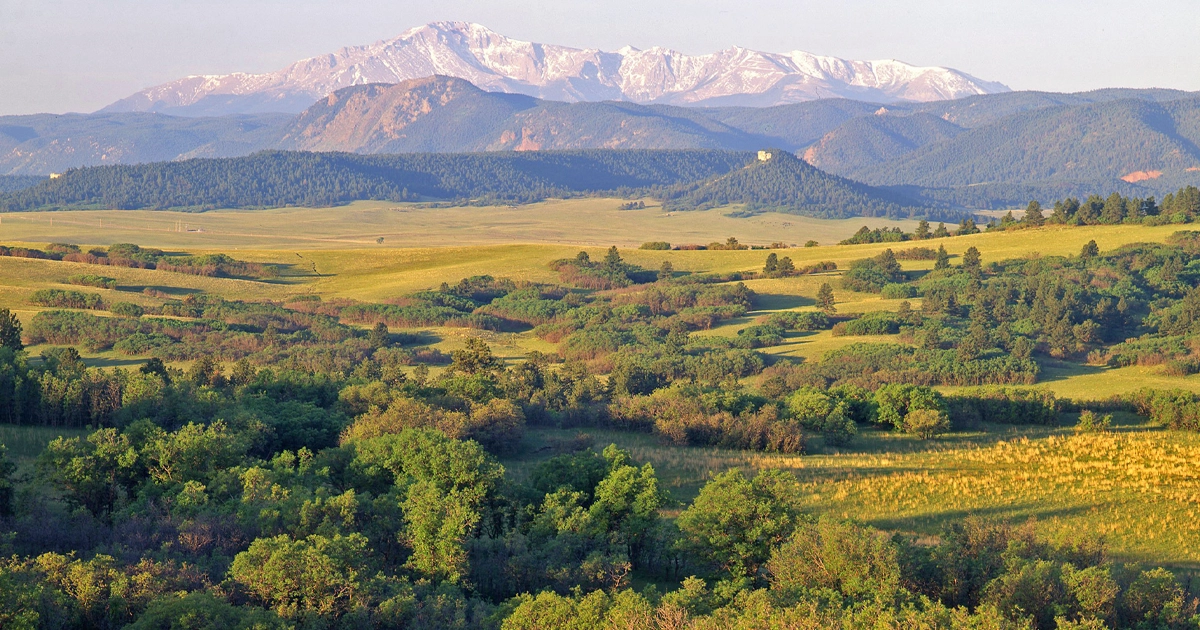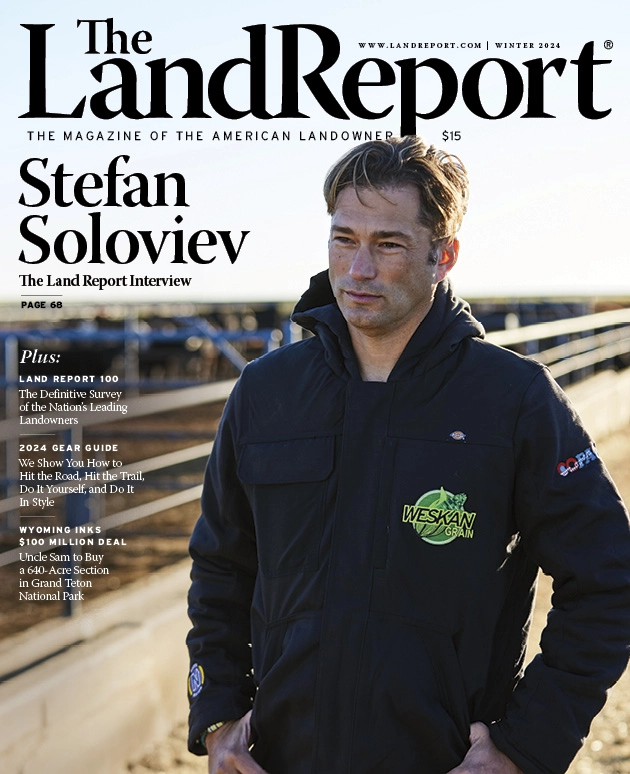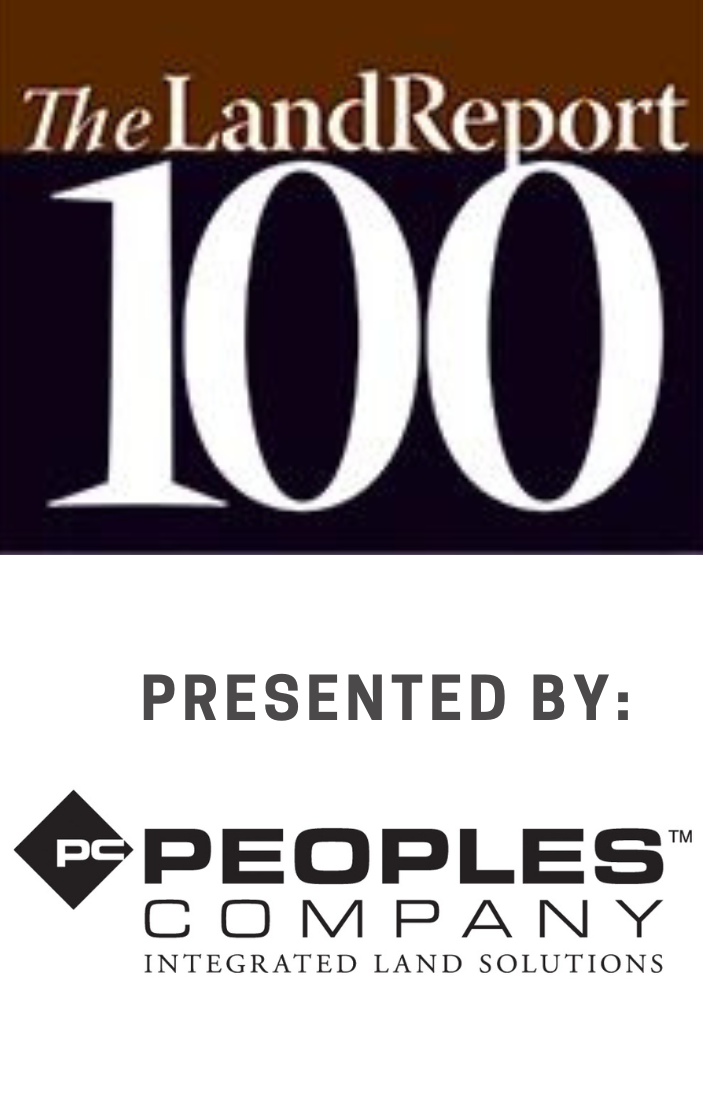John Malone
One of the enduring commitments of THE MALONE FAMILY LAND PRESERVATION FOUNDATION is the Perennial Agriculture Project, a joint project between the Foundation and The Land Institute. Since its founding in 1976, The Land Institute has been dedicated to science-based research and developing food-production methods that sustain the land and the soil. The Perennial Agriculture Project, led by a team of plant breeders and ecologists in multiple partnerships worldwide, is a paradigm shift that focuses on developing perennial grains, pulses, and oilseed-bearing plants to be grown in ecologically intensified, diverse crop mixtures known as perennial polycultures. Such a production system mimics the benefits found in native and natural ecosystems.
Rank:
#3
Total Acres:
2,200,000
States:
Wyoming, New Mexico,
Florida, Colorado
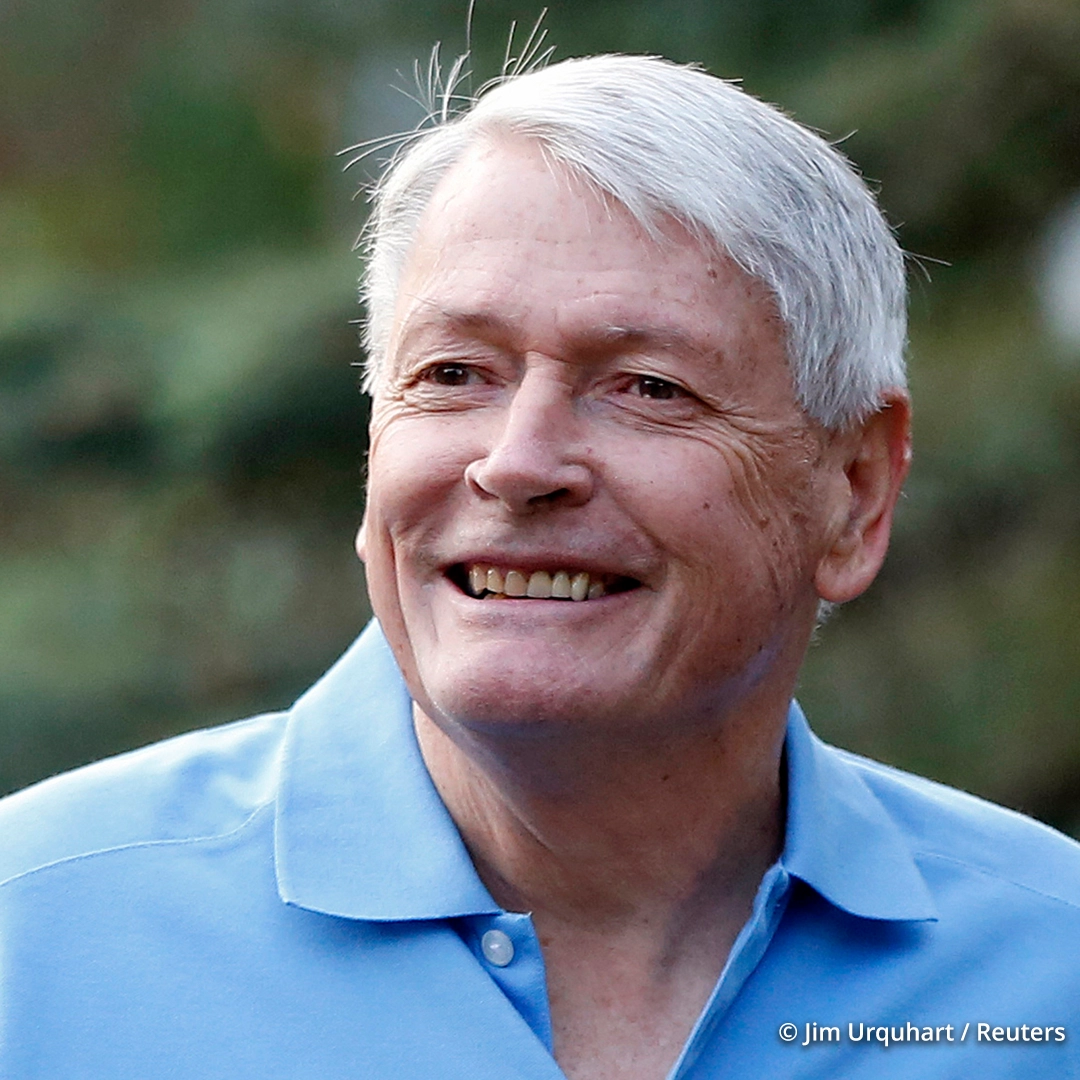
LR100_02_JohnMalone_JimUrquhart_Reuters
@ Jim Urquhart / Reuters
John Malone

LR100_02_JohnMalone_JimUrquhart_Reuters
@ Jim Urquhart / Reuters
One of the enduring commitments of THE MALONE FAMILY LAND PRESERVATION FOUNDATION is the Perennial Agriculture Project, a joint project between the Foundation and The Land Institute. Since its founding in 1976, The Land Institute has been dedicated to science-based research and developing food-production methods that sustain the land and the soil. The Perennial Agriculture Project, led by a team of plant breeders and ecologists in multiple partnerships worldwide, is a paradigm shift that focuses on developing perennial grains, pulses, and oilseed-bearing plants to be grown in ecologically intensified, diverse crop mixtures known as perennial polycultures. Such a production system mimics the benefits found in native and natural ecosystems.
Articles Featuring John Malone
You can't appreciate what a precious commodity open land is until you see it vanish over [...]
Stan Kroenke is now America’s largest landowner. Kroenke acquired almost 1 million acres in New Mexico [...]
Greenland Ranch may be the most consequential conservation easement in the United States. You probably haven’t [...]
Click to read the digital edition. Our Winter 2023 Issue features the debut of [...]
Articles Featuring John Malone
You can't appreciate what a precious commodity open land is until you see it vanish over [...]
Stan Kroenke is now America’s largest landowner. Kroenke acquired almost 1 million acres in New Mexico [...]
Greenland Ranch may be the most consequential conservation easement in the United States. You probably haven’t [...]
Click to read the digital edition. Our Winter 2023 Issue features the debut of [...]
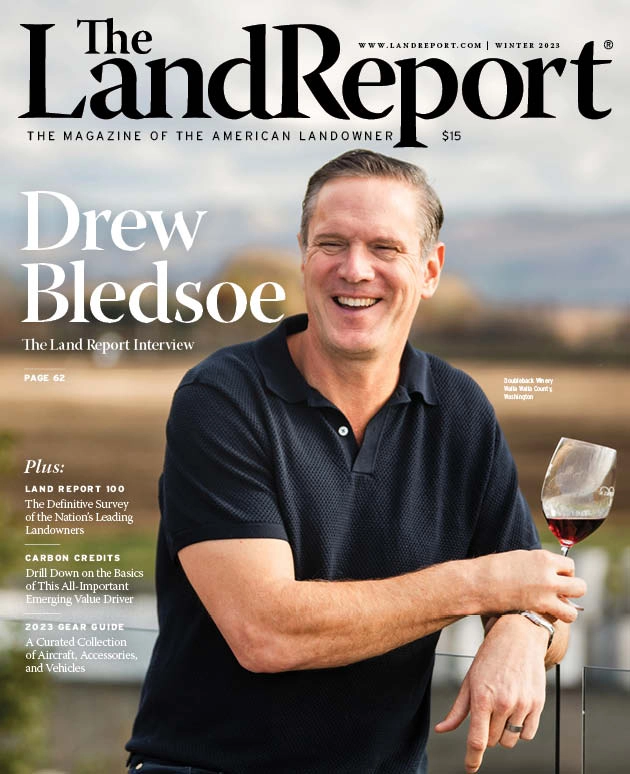
The Magazine Of The American Landowner
Please sign me up to receive breaking news and updates from The Land Report:

